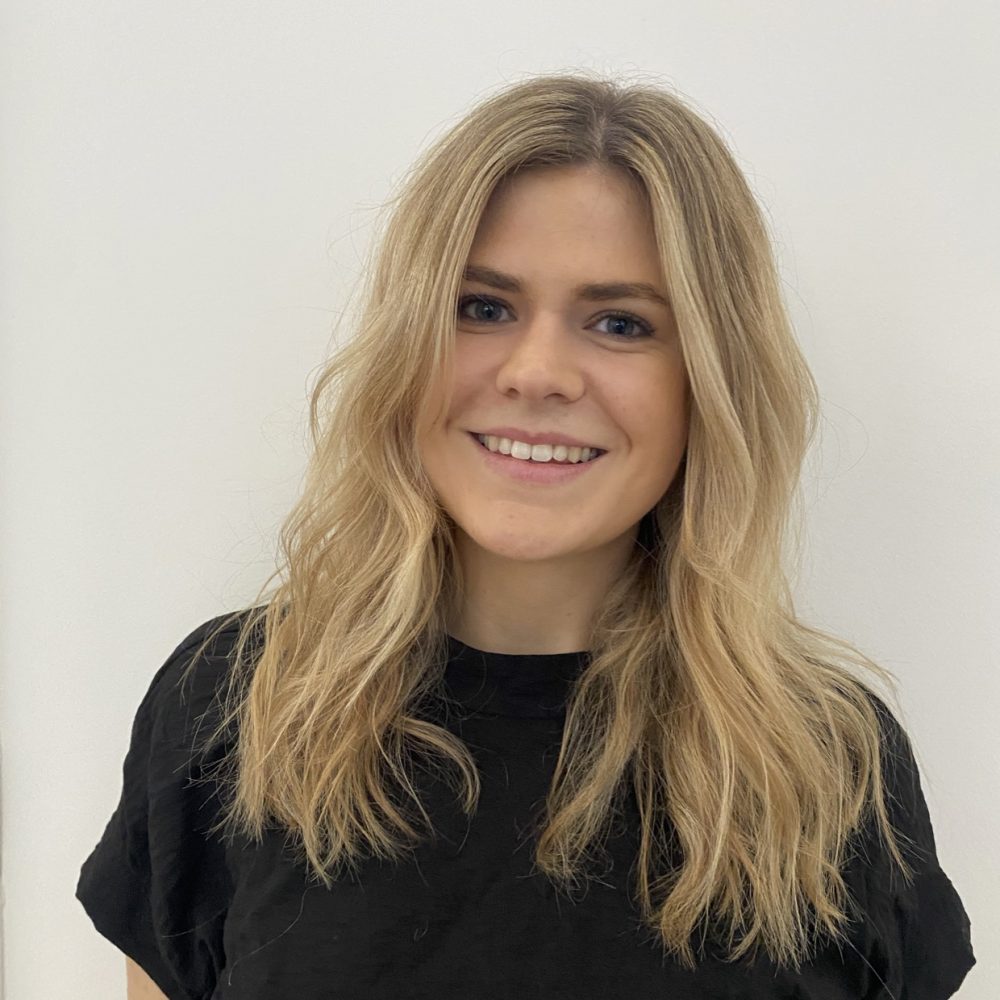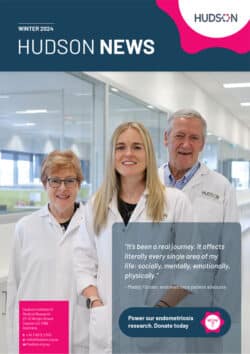Madeleine Smith
- Honorary Research Associate, Neurodevelopment and Neuroprotection
- madeleine.smith@hudson.org.au
Madeleine Smith is a member of the Neurodevelopment and Neuroprotection Research group in The Ritchie Centre.

Areas of interest
Birth asphyxia Cerebral Palsy Fetal growth restriction (FGR) Preterm birth
Research group
Neurodevelopment and Neuroprotection


